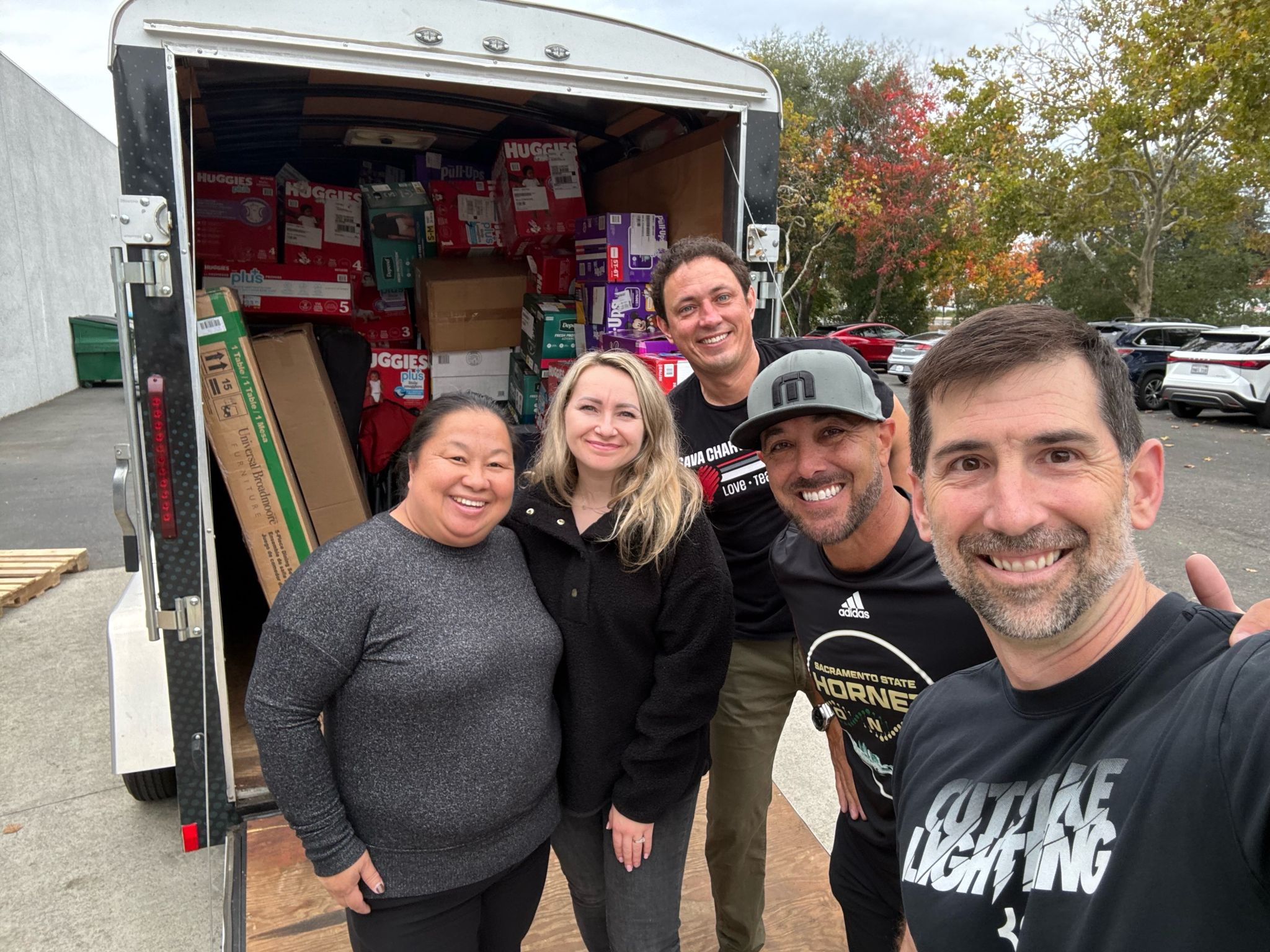In celebrating Black History this month, we’ve also been thinking about the future. Specifically, the future of education for Black students in California.
Here’s what we know: in too many parts of this state, Black families do not have access to a quality public education. In some cities, the track record of traditional public schools has even resulted in calls for a state of emergency. Yet in charter public schools, thousands of Black families have found an educational home that is meeting their needs in an exceptional way.
Our own research puts a spotlight on how Black students in charter public schools across California are thriving. In 2017, six out of eight of the major school districts, Black students were more proficient in English Language Arts and Math. In half of those same districts, including Sacramento and San Francisco, Black students were more likely to graduate from high school in four years than their peers in traditional public schools. And as they walked across the stage to accept their diploma, Black students in all eight districts were more prepared for success in college as a result of completing all A-G courses, or college prep classes, at a higher rate during the 2015-16 school year. During that same stretch, Black charter school students were twice as likely to attend a school in the top 10 percent statewide, and over three times as likely to attend a top 5 percent school statewide.
Outside research shows an even bolder contrast in performance between charter and traditional public schools. A 2015 Stanford CREDO study shows Black students in California’s urban charters gaining weeks and months of additional learning. With all of this positive evidence, it’s little wonder that one national newspaper recently pegged charter public schools as a ‘refuge’ for Black and Brown families in search of a better public education.
The research on its own tells a compelling story about the dramatic gains charters are helping Black students make. But beyond the data, it’s the personal stories of students like this that are even more powerful. It’s no overstatement to say that charters are truly a lifeline for students facing deep personal struggles at home or elsewhere.
We know there’s a long way to go and that other policy prescriptions will also play an important role in improving outcomes for Black students. Recognizing this reality, CCSA worked closely last year with the California Legislative Black Caucus in support of AB 2635, a bill that provided millions in one-time funding for some of the state’s lowest performing Black students.
As the focus on education in Sacramento intensifies this year, let’s remember that these kids-first, quality options should be viewed as a critical part of any solution.


-1.png)